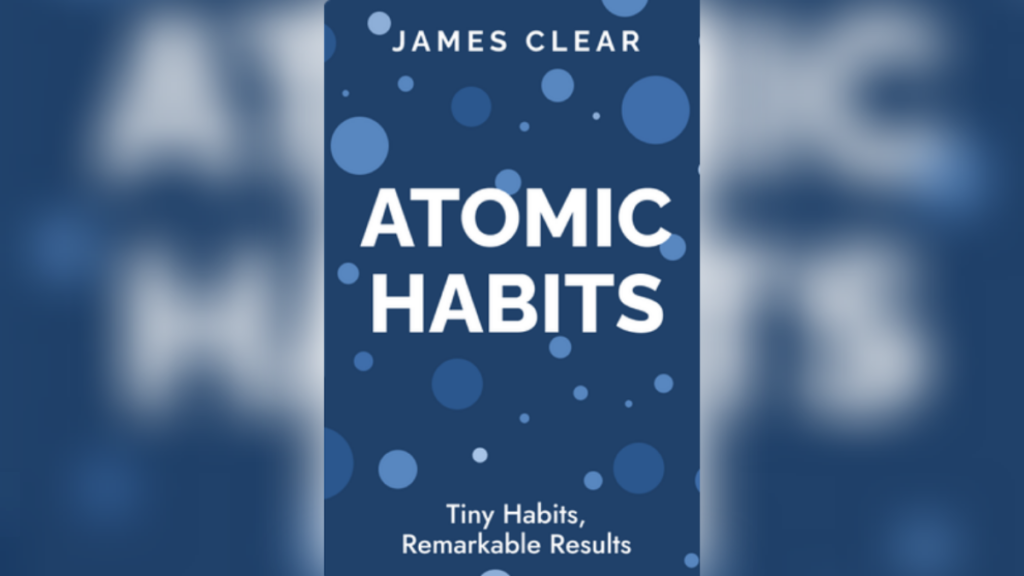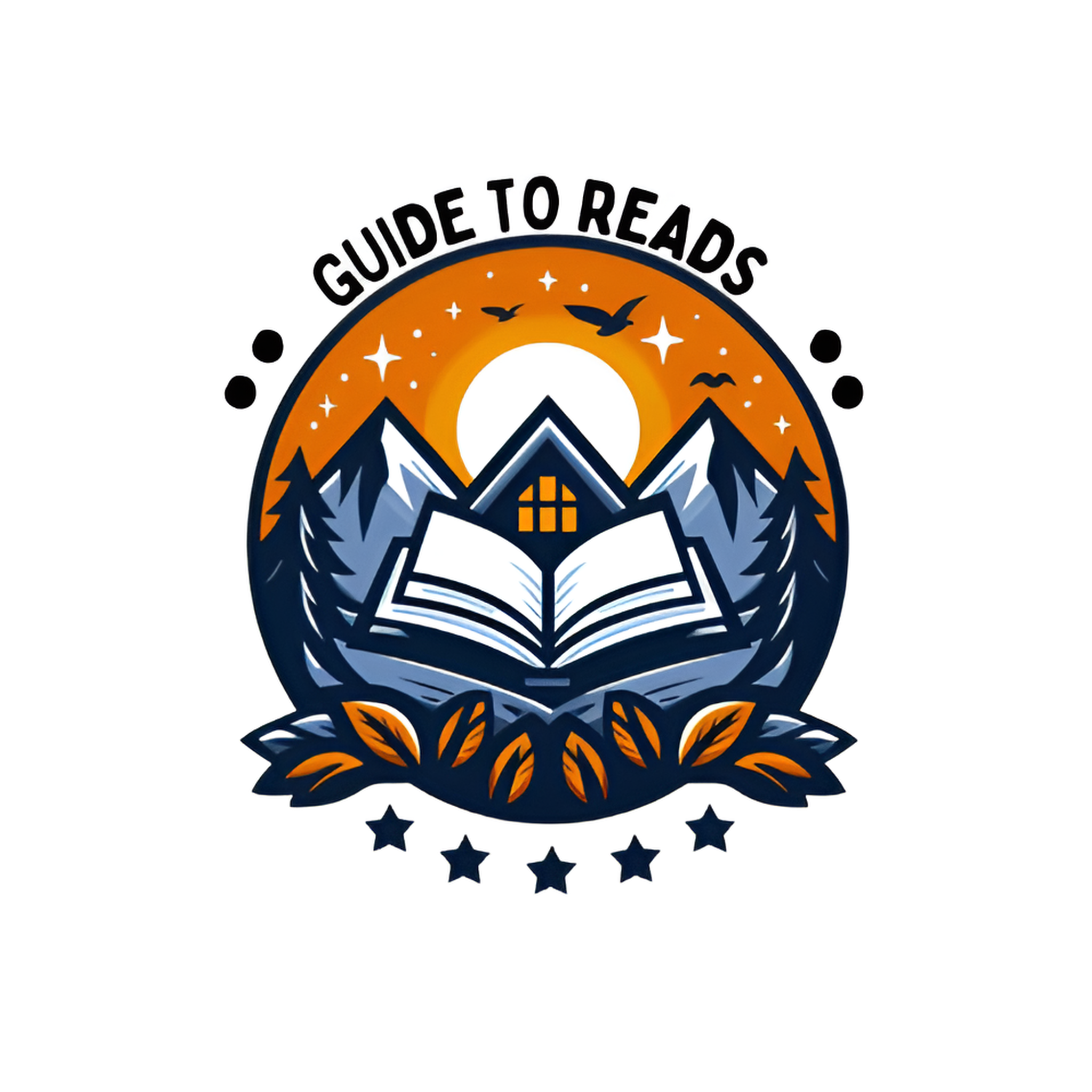Self-discipline is the cornerstone of success, whether you’re striving to achieve personal goals, excel in your career, or improve your health. It’s the ability to push yourself to take action, even when motivation wanes. Fortunatley, many great minds have written extensively on the topic, providing us with invaluable insights and practical strategies. In this article, we’ll explore some of the best books on self-discipline and the key lessons they offer to help you cultivate this essential trait.

1. Small habits can lead to big changes.
« Atomic Habits« by James Clear is a powerful exploration of how small, incremental changes can compound over time to produce significant results. Clear argues that self-discipline is less about willpower and more about designing your environment and habits to make good decisions easier. The book provides actionable strategies for building habits that stick and breaking those that hold you back.

Clear presents habit-forming as a simple formula of cue, routine and reward that can be consciously manipulated. When designing new habits, he advises starting small to ensure success and making habits visible, attractive and easy to perform. Clear also highlights how changing one small aspect of an environment can create chain reactions influencing other related habits for either better or worse outcomes.
Why It Matters:
- Focus on Systems: Clear emphasizes optimizing systems by tweaking variables like environment, identity and habits to steer behaviors automatically towards objectives through positive reinforcement.
- Habit Stacking: Building on existing automatic cues and rewarding routines reduces resistance to adoption. Linking a small behavior daily after brushing teeth is one illustration.
- The Four Laws: Clear’s laws expound how habits persist through making the cue-routine-reward loop enjoyable and frictionless. Changes stick by satisfying core drives for competence, autonomy and belongingness.
2. Understand the habit loop to master self-discipline.
In « The Power of Habit », Charles Duhigg explores the science behind habits and how they unconsciously shape large portions of our daily lives. The book introduces the concept of the « habit loop », which consists of a cue that triggers a routine behavior that seeks its reward. Duhigg posits that understanding this loop is central to purposefully changing detrimental habits and forming new, positive routines that reinforce self-mastery.
Why It Matters:
- Identify Triggers: By mindfully noting the cues priming habitual patterns, you can intervene to replace conditioned routines with selections better serving your goals and values.
- Keystone Habits: Duhigg discusses the transformative idea of « keystone habits », which are behaviors whose ripple effects lead to ubiquitous positive changes across an individual’s life or organization through reprogramming internal feedback mechanisms.
- Case Studies: Real world examples highlight how disruptors like Starbucks and individuals struggling with addiction overcame by successfully reframing reward pathways and reconditioning automatic responses to cues through new routines empowering better choices.
3. Embrace discomfort to build mental toughness.
In « Can’t Hurt Me », David Goggins shares how he transformed from an underestimated boy burdened by self-doubt into an elite Navy SEAL driven to shatter all human limits. Goggins emphasizes purposefully facing adversity to strengthen one’s resolve like tempering steel. He introduced the idea of « callousing your mind » through regularly seeking environments stressful to the body and psyche, helping it withstand increasing mental duress and hardship.
Why It Matters:
- Calloused Mind: By exposing oneself to incremental challenges, one grows accustomed to operating amid volatility and pain, unleashing untapped reserves of grit and courage within.
- Accountability Mirror: Goggins advocates radical self-honesty, frontally confronting weaknesses to establish undisputed autonomy and dominance over limiting factors through discipline and optimization.
- The 40% Rule: Believing obstacles are only beginning where others stop groom the tenacity to continually elevate, shattering preconceived restrictions on human potential through fixating on perpetual betterment.
4. Discipline is the foundation of freedom.
In « The Discipline Equals Freedom Field Manual », Jocko Willink draws from his experience transforming ordinary individuals into elite warriors to distill principles for mastering oneself. He argues that discipline provides the framework for true freedom – whether financial independence, wellbeing or achieving full potential. Willink mixes pragmatic daily programs with motivating messages reinforcing discipline as the vehicle for ownership of one’s course.
Why It Matters:
- Take Ownership: Extreme accountability where one fronts responsibility for actions and results, together with discipline, engenders autonomy over life’s direction.
- Daily Discipline: Incorporating discipline into habits removes dependence on motivation, fortifying discipline as a self-reinforcing foundation for empowerment.
- Pivotal Mindset: Willink emphasizes discipline originates from a decision to seize control rigorously and consistency. Over time, this mindset conditions resilience and belief in one’s leadership of self.
5. Focused work is the key to mastering complex tasks.
In « Deep Work », Cal Newport argues that developing the ability to engage in prolonged, undistracted focus on mentally intensive challenges is a driving force for success in today’s digitized world. He contrasts « deep work » requiring such intense focus with « shallow work » prone to interruptions. Newport provides strategies for cultivating the self-discipline essential to apply prolonged, focused effort to important problems, unleashing significant insights.
Why It Matters:
- Ruthless Focus: Eliminating distractions and dedicating inviolable time blocks to priority challenges ensures deep thought penetrates complex topics others avoid due to diminished attention.
- Time Blocking: Scheduling dedicated stretches supports focus like a dedicated workspace. Unstructured time risks frittering away potential through fragmentation.
- Mindful Engagement: Being selective about data consumption preserves focus needed for deep work. Technology affords opportunity but also threaten distraction if engagement is not intent and goal-oriented.
6. Willpower is like a muscle that can be strengthened.
In « The Willpower Instinct », Kelly McGonigal delves into extensive scientific research on self-control and willpower, offering valuable insights into how this inner resource can be fortified through practice and understanding the biological and psychological dynamics influencing it. McGonigal provides practical methods for reinforcing discipline and making choices aligned with our priorities.
Why It Matters:
- Understanding Willpower: Exploring the neuroscience behind willpower facilitates recognizing why and when it fluctuates, empowering the cultivation of strategic techniques to buttress this essential strength.
- Mindfulness Strengthens Resolve: Stress powerfully undermines willpower by depleting its reserves. McGonigal highlights how mindfulness fortifies equanimity and focus, preventing stress’ corrosive effects.
- Self-Compassion Bolsters Commitment: Advocating self-kindness during setbacks, versus harsh self-critique, supports sustaining discipline long-term by preserving morale and optimism – key drivers of perseverance.
Conclusion
Developing unassailable self-discipline requires more than fleeting motivation; it demands understanding the subtle forces shaping habits, cultivating resilience through adversity, and designing systems promoting aligned behaviors. The six works explored illuminate proven techniques culled from extensive research and exemplary practitioners. Together, they provide a treasure trove of actionable wisdom for empowering each individual to construct an architecture of success through fortifying discipline.
Armed with insights on reframing focus as a superpower, conditioning one’s mind for relentless growth, and leveraging habits, mindfulness and willpower as strengths to be mastered, readers obtain comprehensive Mental Models supporting self-mastery. Starting down the path by applying even a few of the practical strategies introduces permanent, if incremental, positive change rippling across one’s existence over time.
It begins with simply opening one of these invaluable guides. Readers are urged to explore their thoughtful contents, identify applicable insights and commence the rewarding journey of cultivating lifelong discipline through applying acquired knowledge each day. Subscribing also presents related resources on this transformational topic. Unlimited potential awaits those electing to develop self-dominion into an unassailable tradition. Your future is yours to architect – will you get started today?
For more on habit formation and self-discipline, visit James Clear’s Blog and Cal Newport’s Deep Work.

































Add comment